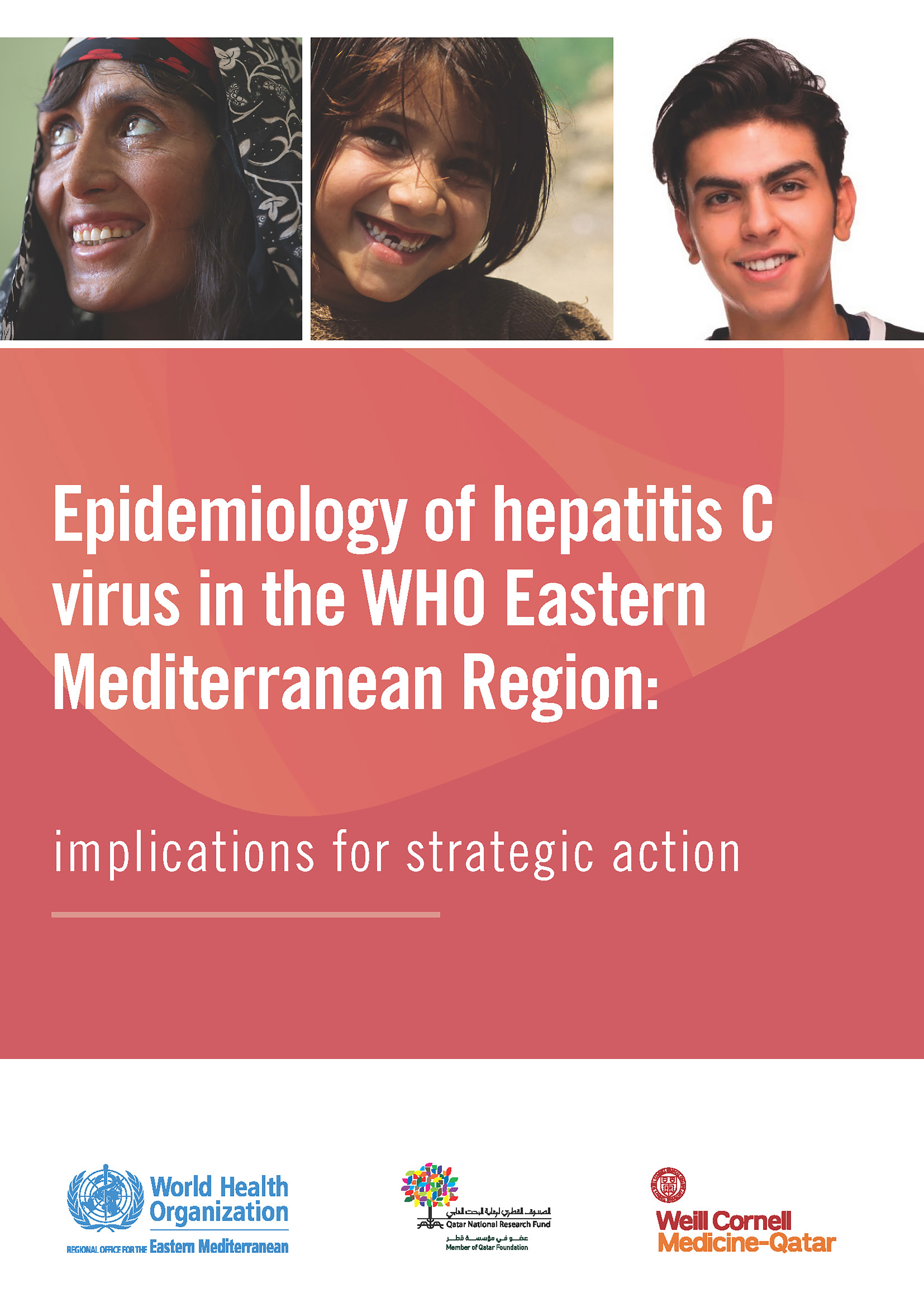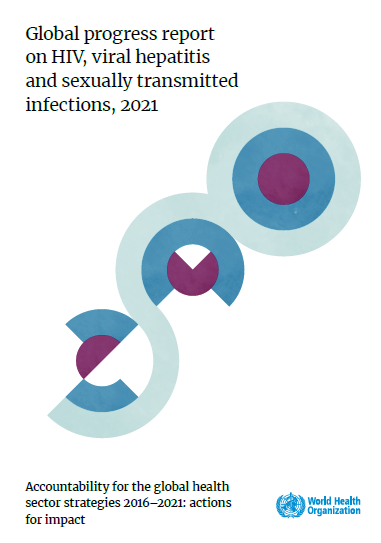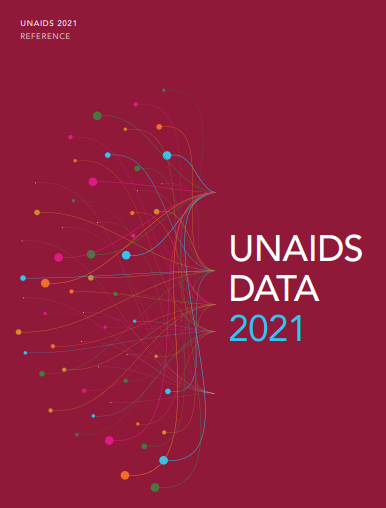WHO convened the twenty-second intercountry meeting of regional national AIDS programme managers in Cairo from 8 to 11 September 2014. The meeting was attended by national AIDS programme managers and stakeholders including civil society, UN organisations, the Global Fund to Fight AIDS, Tuberculosis and Malaria, people living with HIV and other experts in the field.
The objectives of the meeting were to: review efforts in scaling-up the HIV response; share experiences of implementing new approaches and guidelines; strengthen capacity for monitoring and evaluation; and introduce new WHO consolidated guidelines on HIV prevention, diagnosis, treatment and care for key populations.
Most HIV epidemics in the WHO Eastern Mediterranean Region are concentrated in key populations at higher risk. Understanding these populations and reaching them with accessible services is key to stopping the increase of HIV in the Region.
To address these epidemics, tools and experiences from WHO and different countries were presented. Different approaches to increasing treatment coverage and setting targets for treatment were discussed.
Participants discussed translating these targets into reality, focusing on the treatment cascade, from what testing strategy to choose to reach the targeted number of people living with HIV, to how to keep losses to follow-up to a minimum and how to prevent drug resistance. Sessions on monitoring and evaluation looked at measuring performance at each step.
Dr Ala Alwan, WHO Regional Director for the Eastern Mediterranean, joined the meeting and discussed the concerns of participants. He stressed the need for good data to support political advocacy and expressed his commitment to getting civil society more involved in the HIV response and health policy in general.
Global Fund-related issues and the current political crisis in the Region, especially in Syria, and its consequences for HIV programmes were discussed in separate satellite meetings.





 Épidémiologie du virus de l’hépatite C dans la Région OMS de la Méditerranée orientale : implications pour l’action stratégique
Épidémiologie du virus de l’hépatite C dans la Région OMS de la Méditerranée orientale : implications pour l’action stratégique VIH Analyse en cascade tester-traiter-fidéliser : guide et outils 2017 Deuxième édition
VIH Analyse en cascade tester-traiter-fidéliser : guide et outils 2017 Deuxième édition
 Rapport de situation mondiale sur le VIH, l’hépatite virale et les infections sexuellement transmissibles, 2021
Rapport de situation mondiale sur le VIH, l’hépatite virale et les infections sexuellement transmissibles, 2021